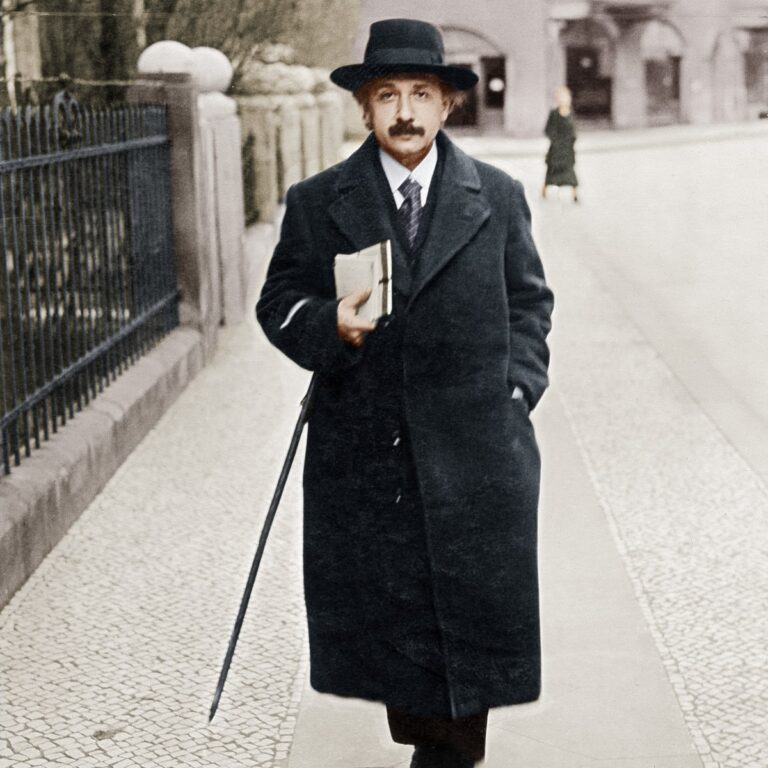
Kwasi Kwarteng, the business secretary has published the government’s plan to help the UK keep up in the “global innovation race”. The plan will be backed by an increase in annual public investment into R&D to £22bn.
The department for business, energy and industrial strategy said that the coronavirus pandemic has demonstrated that major challenges can be resolved by “ambitious” investment in innovation. The plan says that the crisis had proven that the UK can deliver when given the necessary support, freedom and risk tolerance, giving the example of the national vaccine taskforce which is composed of both public and private bodies.
Riding on the back of this success, the government will lay out “innovation missions” to set direction, urgency and pace on issues confronting the UK. These will be determined by the new National Science and Technology Council and supported by the Office for Science and Technology Strategy.
The government is also outlining seven strategic technologies in which the UK already has a competitive advantage: advanced materials and manufacturing; AI, digital, and advanced computing; bioinformatics and genomics; engineering biology; electronics, photonics and quantum; energy and environmental technologies, and robotics and smart machines.
“The UK can look back on a proud history of changing the world through innovation,” said Kwarteng. “From the industrial revolution to the vaccine development of the past year, the impact on our everyday lives in undeniable. That spirit of discovery is still alive in this country today, but we have not always turned our genius for innovation into jobs and companies here in Britain.
“The countries that secure leadership in such transformational technologies will lead the world, enjoying unrivalled growth, security, and prosperity for decades to come, and it’s our job to ensure that the UK keeps pace with the global innovation race.”
The strategy will be backed by increasing annual public investment into R&D to £22bn in a bid to encourage the private sector to innovate. Business department figures put government spending on R&D in 2021-22 at £14.9bn. The government aims to increase total public and private R&D investment to 2.4 per cent of GDP by 2027.
Kwarteng added: “Through this long-term plan, we want to rekindle our country’s flame of innovation and discovery, helping businesses to seize the vast opportunities that innovation can bring. If we get this right, we can build the foundations for the new industries of tomorrow and ensure British firms are at the front of the pack to turn world-leading science into new products and services that are successful in international markets.”
Other aspects of the strategy include: proactive government procurement to provide an early market for innovative new products; consult on changes to regulations; introduce new ‘high potential individual’ and ‘scale-up’ visa routines to attract talent from abroad, and develop an online finance and innovation hub in the next year.
Earlier this year, a House of Lords committee criticised the government for vagueness regarding its innovation strategy. It said that it is failing to make the most of the Catapults, lacking a detailed plan and sufficient funding for reaching R&D ambitions.

